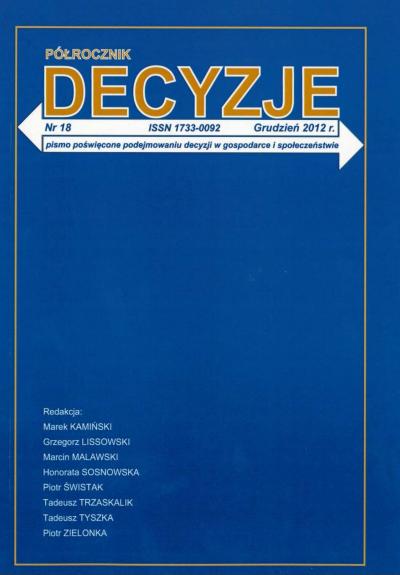The goal of the article was to compare negotiation behavior in duopoly andbilateral monopoly. The nature of tested bargaining problems was based on the scheme of cooperative repeated games. Performed experiments tested two hypotheses. First, in terms of cooperative game players will negotiate Pareto optimal solutions. Second, the split of profits will be indicated by egalitarian solution. Other cooperative results, that were taken into account were Nash and Kalai-Smorodinsky solutions. The results of experiments supported taken hypotheses. Additionally, it gave the opportunity to make some comparisons between two tested market structures. Despite the differences of two bargaining situations, the results of experiments brought some observations showing similarities of bargaining behavior. First, in both cases negotiated solutions were significantly close to Pareto optimal set. Second, either in duopoly or in bilateral monopoly the results of negotiations were significantly close to egalitarian solutions. Next similarity was, that the gap between profits in opening proposals significantly differed from zero, and was significantly correlated in pairs of players in both experiments.




